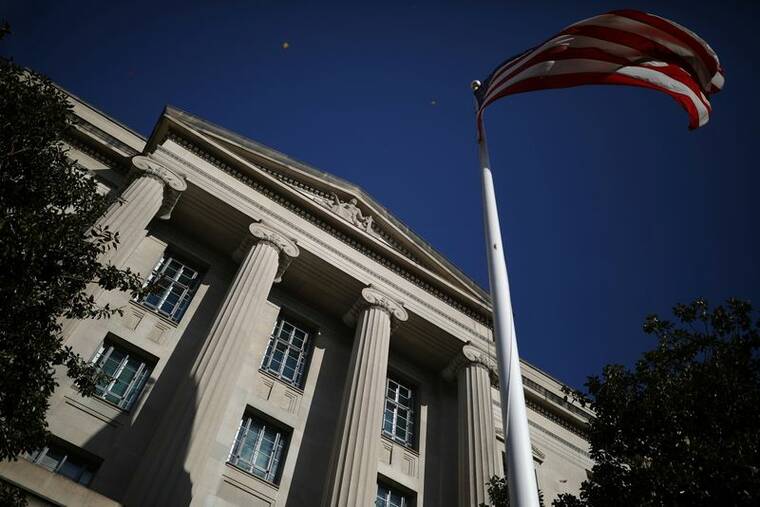Paradise Under Siege: Hawaii Launches Legal Assault on Big Oil's Climate Sins

Hawaii has taken a bold stand against major oil companies, filing a groundbreaking lawsuit in state court that alleges decades of deliberate misinformation about climate change. The islands, already experiencing severe environmental challenges, are now seeking accountability from fossil fuel giants for their alleged decades-long campaign of deception.
The lawsuit claims that these oil companies have systematically misled the public about the devastating environmental consequences of their operations, knowingly contributing to climate change while obscuring the potential impacts on vulnerable regions like Hawaii. By deliberately suppressing scientific evidence and continuing to promote fossil fuel consumption, the state argues that these corporations have directly endangered Hawaii's delicate ecosystem, infrastructure, and way of life.
With rising sea levels, increasingly intense storms, and ecological disruption threatening the islands, Hawaii is demanding that these oil companies be held responsible for the environmental and economic damage caused by their alleged deliberate misinformation. The legal action represents a significant moment in the ongoing global battle against climate change, potentially setting a precedent for how corporations are held accountable for their environmental impact.
